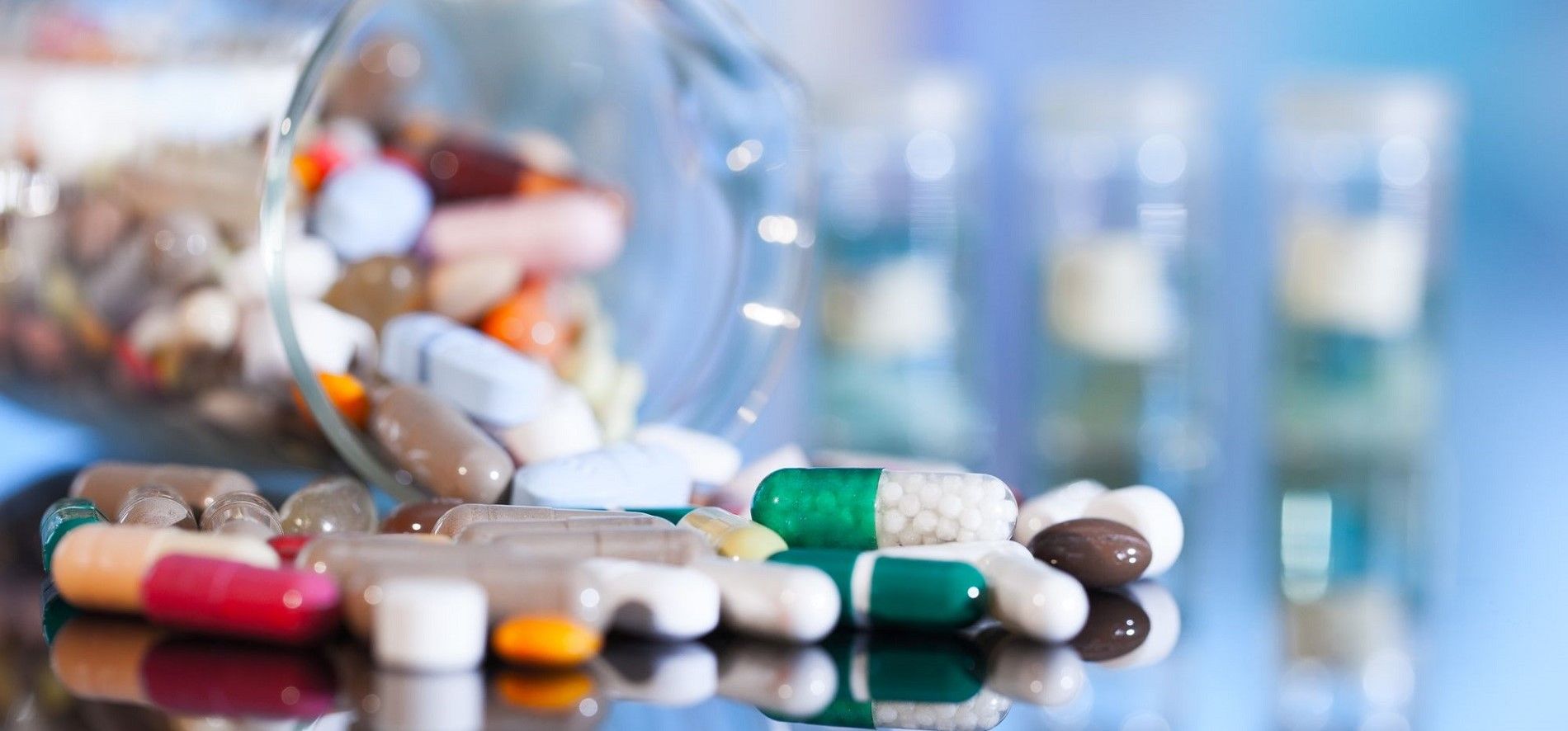Vaccines against coronavirus are the only drugs approved to prevent infection against SARS-CoV-2. However, as it will take a long time to vaccinate a significant proportion of the world’s population, clinical trials are underway (or will be started) to assess the ability of other drugs to prevent people from being infected with the coronavirus.
These studies are carried out in subjects with a high risk of contracting the infection, such as health personnel or close contacts of infected people.
Hydroxychloroquine
It is an antimalarial with anti-inflammatory properties. In “laboratory” studies, it was found to have an antiviral effect against various viruses and therefore it was postulated that it could prevent coronavirus infection. Numerous clinical trials have shown that this drug is not effective in preventing infection since the percentage of infections among people who took the drug is similar to that of those who did not take it. Regarding its toxicity, cases of serious adverse effects, both neurological and cardiovascular, have been described.
Ivermectin
It is an antiparasitic drug with anti-inflammatory properties and with antiviral activity against the coronavirus in “laboratory” tests. Preliminary results from some clinical studies with this drug are promising as the percentage of infection is found to be significantly lower in people who took the drug.
However, the number of people studied is too small to obtain definitive conclusions on its efficacy and safety and we will have to wait for the results of other clinical trials that are underway with higher number of cases.
Vitamin D
In addition to its fundamental role in the development and maintenance of the bone system, it also intervenes in the immune system and has been shown to contribute to the defense against respiratory viral infections. In epidemiological studies of COVID-19, it has been proven that there is a correlation between blood levels of vitamin D and infection and disease progression (the lower the levels, the greater the probability of infection and the poorer prognosis). This suggests that maintaining optimal levels of vitamin D could prevent coronavirus infection.
Recommendations to avoid contagion
To avoid infection by the coronavirus, first, the recommended measures worldwide must be taken into account (mask, safety distance, handwashing, etc.).
Ivermectin is a drug that potentially could avoid infection by coronavirus. However, larger numbers of people are need to be tested before recommending its administration.
Finally, vitamin D is essential for the defense system and therefore to avoid COVID. For this reason it is crucial to have blood levels of vitamin D within normality. In this sense, we recommend going to the doctor to prescribe an analysis of vitamin D levels and if they are below the limit of normality, the doctor will correct them.


